If there’s one song that epitomises the sad end of The Beatles then ‘The Long and Winding Road’ is that song. Written by Paul McCartney in 1968 when tensions in the group were beginning to come to a head, it’s fundamentally a mournful song but highlights McCartney’s song-writing genius. He wrote the song at his High Park Farm in Kintyre, inspired by the calm beauty of the West coast of Scotland with his hero Ray Charles in mind. In the biography ‘Many Years From Now’ he reveals “it doesn’t sound like him at all, because it’s me singing and I don’t sound anything like Ray but sometimes you get a person in your mind just for an attitude, just for a place to be.”
The Beatles recorded ‘The Long and Winding Road’ in their Apple studios in London in January 1969 produced by George Martin and engineered by Glyn Johns. Paul’s idea at the time was to get back to basics, back to their original rock and roll roots, by recording the group in a ‘live’ situation after the multi track/over dub ‘experimentation’ of previous albums. Paul played the piano so John Lennon played bass and Billy Preston joined them on keyboards, which according to George Harrison really lightened the atmosphere, as Preston didn’t know all the politics and games going on in the band at the time. In the original 1970 ‘Let It Be’ documentary the group are often seen to be bickering and it shows many of the lowest moments of the band. However a new documentary by Peter Jackson out this year will show the recording sessions in a new positive light. Jackson has looked through 55 hours of unseen footage and will show that it wasn’t all tension and disagreements as sometimes portrayed in the 1970 film. Glyn Johns said it was 6 weeks of humour and music and he loved every minute of it but that didn’t come across in the original documentary.
There was undoubtedly a hangover from the ‘Let It Be’ sessions as the recordings were shelved and the group started to work on their ‘Abbey Road’ album, which was their next album release even though it was recorded after ‘Let It Be’. Brian Epstein had died in August 1967 so the groups’ father figure and peacemaker had gone and conflicts in the group began to worsen.
Disagreements over who was going to manage the group added to the tensions and distrust. Paul McCartney was lobbying for his soon to be father-in-law, entertainment lawyer, Lee Eastman, whereas John Lennon was in favour of Allen Klein, New York record company veteran and the Rolling Stones manager. Ringo Starr and George Harrison sided with Lennon and to heighten McCartney’s frustration Klein then gave the ‘Let it Be’ tapes to ‘Wall of Sound’ American producer Phil Spector who added strings and a choir to the Long and Winding Road. McCartney felt his idea of getting back to basics had been well and truly sabotaged. As someone who has experienced band politics and ‘musical differences’ in a band/recording situation it is easy to see how choice/treatment of songs and production styles can cause animosity and distrust. Paranoia sets in and factions develop as band members struggle to influence decisions that can undermine the creative process and often the very existence of the band itself.
It wouldn’t be an exaggeration to say that Paul loathed the Phil Spector version of ‘The Long and Winding Road’ and said he hadn’t approved the mix but that’s the one that ended up on the ‘Let It Be’ album. Before its release in April 1970 a furious McCartney had sent a letter to then manager Allen Klein at Apple Corps Ltd objecting to the use of strings, horns and the choir on ‘his’ song but to no avail. George Martin sided with McCartney’s objections claiming the Spector mixes had been done without his knowledge or involvement. The ‘alteration’ of ‘The Long and Winding Road’ by Spector was actually one of the six reasons cited by McCartney in the dissolution hearing for the break up of The Beatles at the High Court.
The song itself, which caused so many arguments, is a simple yet inspired ballad evoking the unattainable, the road that you never get to the end of. McCartney’s vocals are haunting and melancholic and it’s as if he knew this was literally the end of The Beatles.
It doesn’t have a traditional chorus as such and the opening theme is repeated throughout. It’s obvious that McCartney wanted it to remain a stripped down ballad but things were taken out of his control. Critics at the time weren’t impressed either. They mocked Spector’s use of orchestration and many claimed it was over produced. George Martin was even quoted as saying the ‘credits’ for the album should have been, produced by George Martin ‘over produced’ by Phil Spector. One critic in Rolling Stone magazine claimed the ‘Long and Winding Road’ was virtually unlistenable due to Spector’s production. For me these criticisms are totally unfair as it’s a brilliant song with or without the orchestration. When you listen to the stripped down version of ‘The Long and Winding Road’ which was released in 2003 on ‘Let It Be…. Naked’ McCartney’s voice is allowed to breathe more and his voice is truly magnificent but I must admit I really miss the Bacharach/Morricone style strings maybe because I’m so used to them. As a songwriter it’s difficult not to side with McCartney as it was his creation but I love both versions. ‘The Long and Winding Road’ became The Beatles last No. 1 in the USA (their 20th), setting a new Billboard record. Since then Paul McCartney has re-recorded the song many times without orchestration and is a regular feature of his ‘live’ concerts – it’s as if he’s trying to exorcise the ghost of Phil Spector.
– Peter Hooton
Peter was born in Liverpool and has lived in the city all his life. He worked as a Youth & Community worker in the city during the 1980s and was heavily involved in local community politics. During this period he co-founded The End magazine a satirical publication that has achieved legendary status and was championed by the late DJ John Peel.
During the 1980’s he was also the co-founder of Liverpool group ‘The Farm’ who eventually set up their own independent record label ‘Produce Records’ and went on to score a string of top 40 hits and a No 1 album Spartacus in 1991. The group still perform live, mainly at festivals.
In 2011 he started the ‘Justice Tonight’ band with Mick Jones of The Clash/BAD to highlight the Hillsborough campaign for justice and in 2012 the Justice Collective went to No. 1 at Christmas with their cover of ‘He Ain’t Heavy.’ In 2015 he was awarded a Doctorate in Philosophy from Edge Hill University for his commitment to social justice and in 2016 he was appointed by the Mayor of Liverpool to chair a group that will oversee The Beatles Legacy in Liverpool.
More in this series

‘Across The Universe’ by Jon Keats #LetItBe50
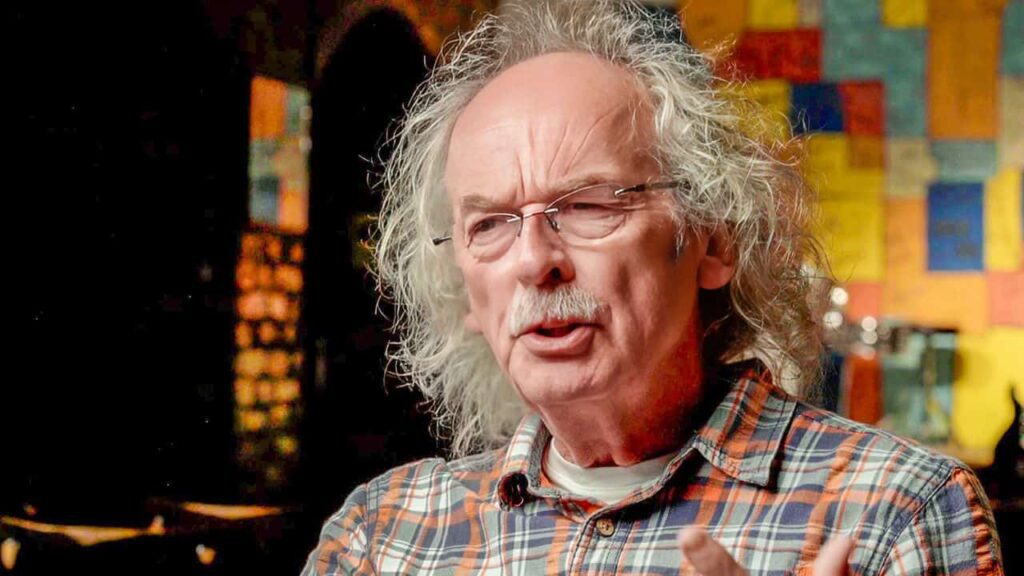
‘Dig A Pony’ by Mike Brocken #LetItBe50

‘Dig It’ by Kathleen Versfeld #LetItBe50

‘For You Blue’ by Jan Morris #LetItBe50

‘Get Back’ by Spencer Leigh #LetItBe50
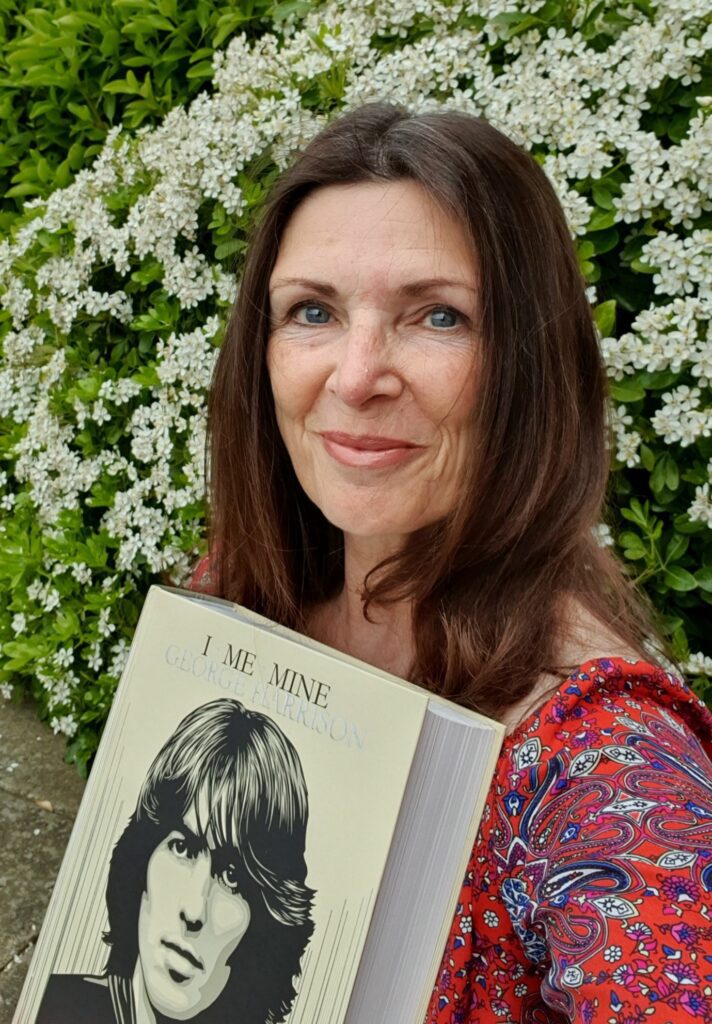
‘I Me Mine’ by Jackie Spencer #LetItBe50
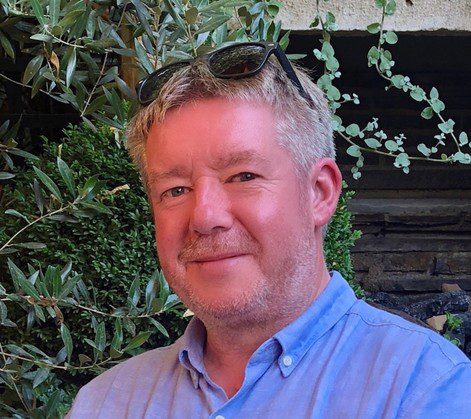
‘I’ve Got A Feeling’ by Paul Beesley

‘Let It Be’ by Julia Baird #LetItBe50
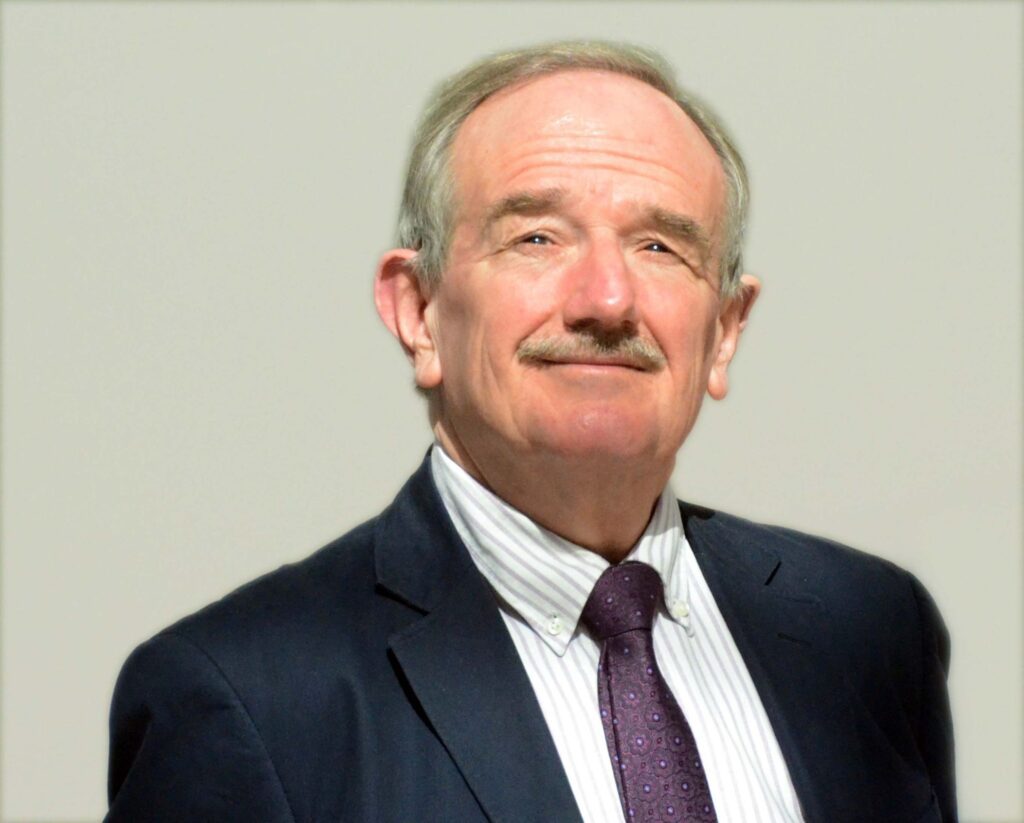
‘Maggie Mae’ by David Charters #LetItBe50

‘One After 909’ by David Bedford #LetItBe50
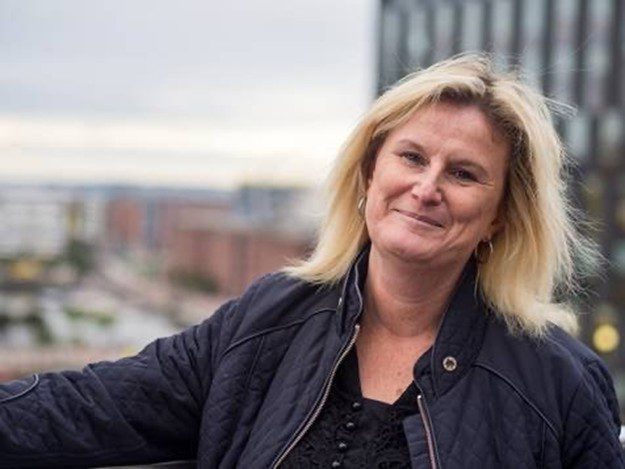
‘Two Of Us’ by Charlotte Martin #LetItBe50